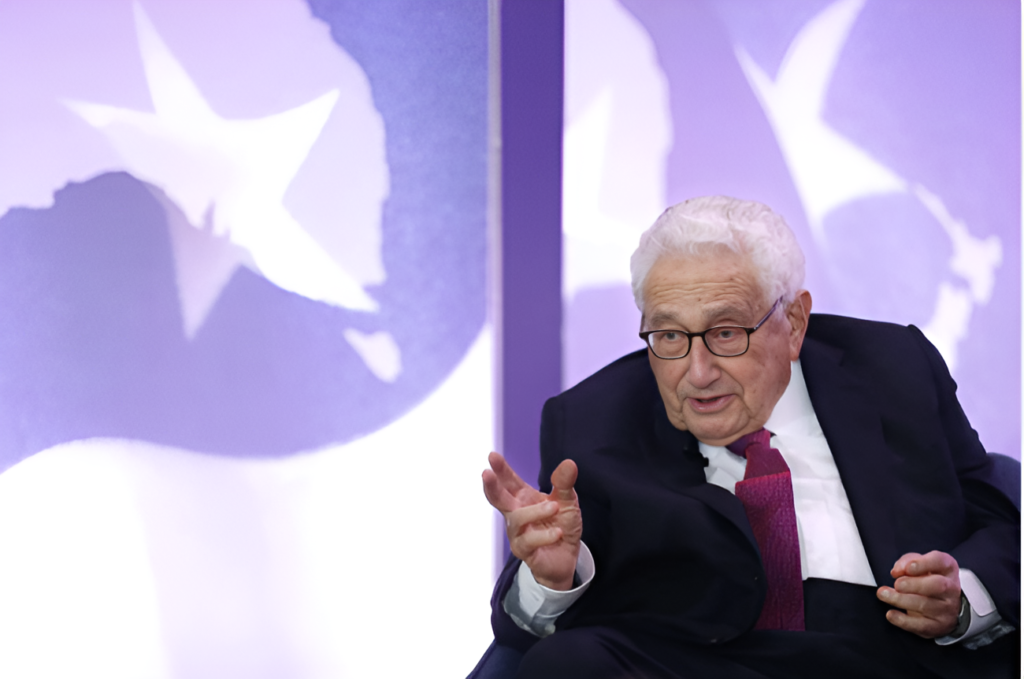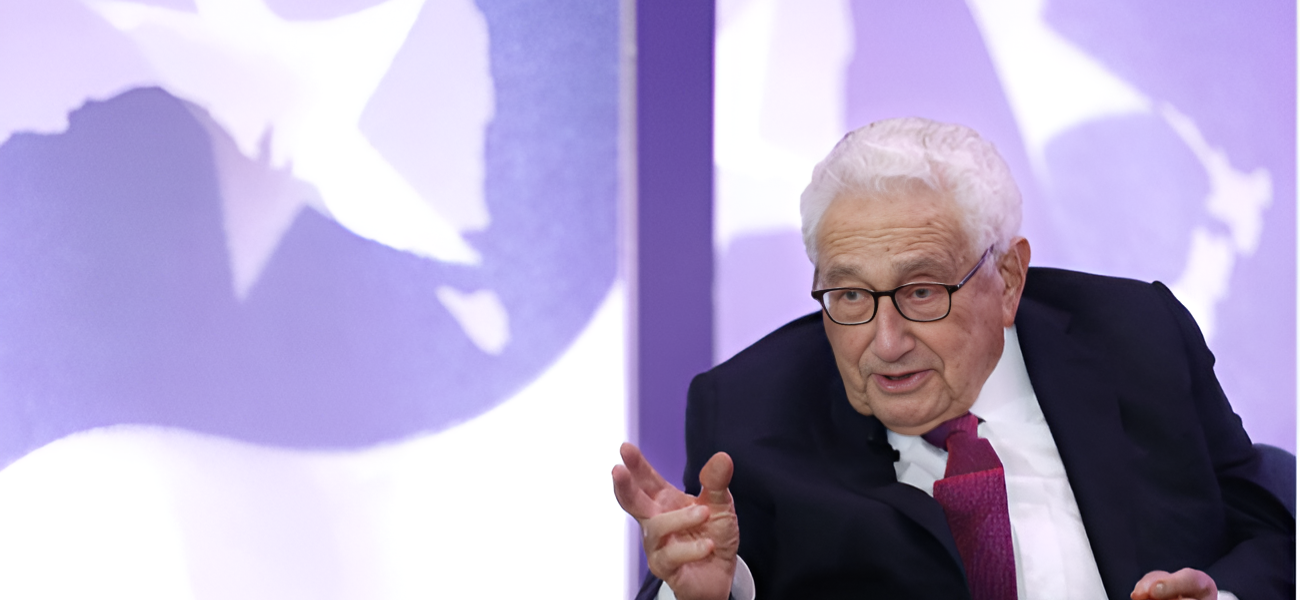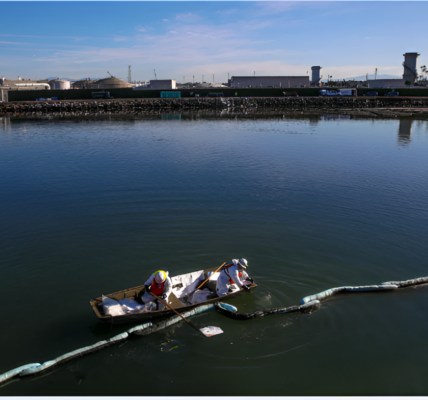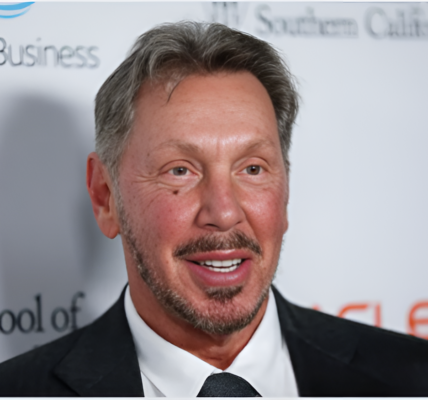
Henry Kissinger, the 98-year-old former U.S. Secretary of State and Nobel Peace Prize laureate, has long been a controversial figure in global politics. Known for his complex diplomatic strategies and bold decisions during his tenure under President Richard Nixon, Kissinger’s views on leadership and world order continue to resonate. In his 19th book, Leadership, Kissinger critiques the current state of global leadership, contending that the digital age is eroding the qualities needed for effective governance.
Drawing from history, Kissinger examines six transformative leaders: Konrad Adenauer, Charles de Gaulle, Richard Nixon, Anwar Sadat, Lee Kuan Yew, and Margaret Thatcher. These leaders, he argues, inherited daunting geopolitical crises and navigated them with vision and pragmatism. Their ability to adapt and inspire action in difficult times, according to Kissinger, is the key to their lasting legacies.
However, in the modern era, Kissinger believes that the advent of the internet poses significant challenges to leadership. He argues that the rapid access to information and instantaneous reactions fostered by social media and online platforms undermine the depth of thought and strategic foresight necessary for solving complex global problems. In an era dominated by quick fixes and sound bites, Kissinger laments that “thoughtful leaders must struggle against the tide.”
A central theme of Kissinger’s work is the distinction between statesmen and prophets. Statesmen, he argues, balance vision with the realities of the world, crafting strategies that are ambitious yet mindful of practical limitations. In contrast, prophets are driven by passion and a desire for immediate change, often at the expense of stability and the long-term impact of their actions. While prophets may inspire great movements, Kissinger warns that their approach often disregards the scale of human suffering and the difficulties of enacting profound change.
Kissinger also discusses the contemporary leadership of Ukraine’s Volodymyr Zelensky, who has emerged as an extraordinary figure in the global spotlight. Despite his unexpected rise to power, Zelensky has galvanized his country during a time of unprecedented crisis. Yet, Kissinger notes, it remains to be seen whether Zelensky’s leadership can translate into sustainable institutional change for Ukraine, or if it is the result of an extraordinary personality in a highly dramatic situation.
Turning to the U.S., Kissinger reflects on the current state of political division. He notes that while America has always had its disputes, the modern era is marked by a deeper fracture in defining national interests and values. Where past political conflicts, such as those over Vietnam, involved disagreements about the best approach to shared goals, today’s political battles are often about fundamentally different objectives. This shift, Kissinger believes, is a significant challenge to governance.
Finally, Kissinger touches on the importance of national unity. Drawing from the example of Richard Nixon’s gracious concession after the contentious 1960 election, he highlights the importance of maintaining the integrity of the constitutional system. Even when political outcomes are disputed, Kissinger argues, it is vital to respect the legitimacy of the system itself in order to preserve national cohesion.
In the face of technological advances and political fragmentation, Kissinger’s call for deep literacy, thoughtful leadership, and historical perspective is a timely reminder of the need for wise, measured leadership in today’s turbulent world





